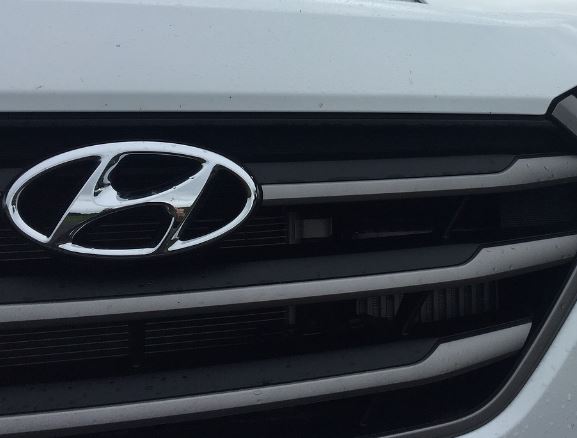Hyundai Motor Company is set to begin mass production of the successor to its Nexo hydrogen fuel cell electric vehicle (FCEV) in May next year.
This will be the first model update since the Nexo debuted in 2018. The new model aims to bolster Hyundai’s position in the global hydrogen vehicle market and highlight its ongoing commitment to hydrogen technology.
Hyundai has outlined a detailed production schedule for the new Nexo, codenamed ‘NH2 (FE PE).’ The first prototype is expected for testing in March, with the final mass-produced vehicle slated for completion by April and production beginning in May. Hyundai plans to produce 13,000 units annually, a 30% increase over the previous model, at its Ulsan plant.
Hyundai intends to launch the new Nexo in Europe by August and in North America by November, targeting regions where hydrogen car adoption is growing. This international rollout is crucial for Hyundai to maintain and expand its market share in the competitive hydrogen vehicle sector.
The new Nexo represents a partial update rather than a complete redesign. It will feature improved design and performance enhancements over the first-generation model, along with the latest equipment and technologies. The hydrogen fuel cell system will be upgraded to a 2.5-generation product, enhancing output and driving range through hardware and software improvements.
The current second-generation fuel cell system allows the Nexo to drive up to 609 km on a single charge. The 2.5-generation update is expected to improve upon this range while integrating enhanced safety and convenience features that were previously lacking.
While the new Nexo’s partial update promises better performance and newer features, it falls short of a complete overhaul that might be necessary to compete with more innovative offerings from other manufacturers. Industry leaders like Toyota and Honda are also advancing their hydrogen vehicle technologies, and Hyundai’s incremental improvements may not be sufficient to set a new standard in the market.
Hyundai’s production target of 13,000 units annually is ambitious but must be measured against actual market demand for hydrogen vehicles. The global adoption of hydrogen FCEVs is still in its early stages, and consumer acceptance, infrastructure development, and competitive pricing will significantly influence the success of the new Nexo.
The acquisition of Hyundai Mobis’ hydrogen fuel cell business and the subsequent organizational restructuring are positive steps. However, the real test will be how effectively Hyundai can integrate these changes to improve production efficiency and product quality. Long-term success will depend on Hyundai’s ability to innovate and lead in hydrogen technology.
